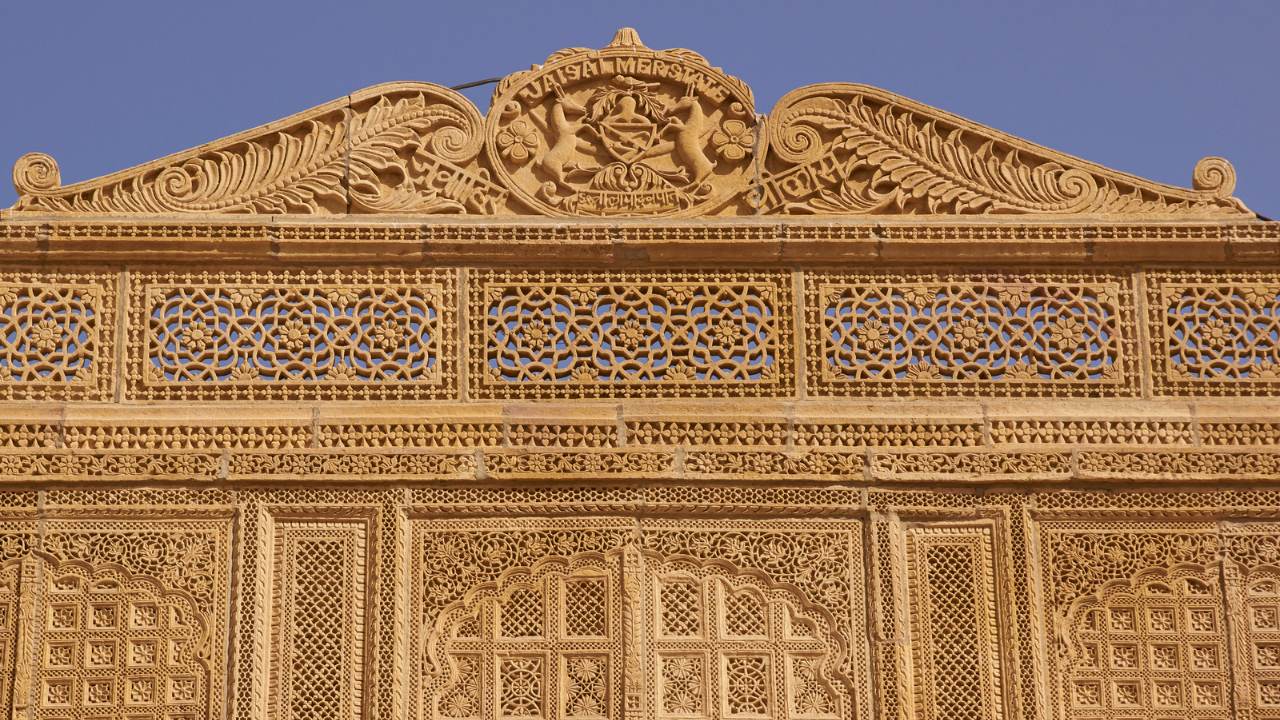
Mughal expansion in the North often occurred through the incorporation of territories governed by the Hindu Rajputs into the Empire. Regularly this was by conquest, but often it was because the Rajputs themselves wanted to join the Mughals.
In battle the Mughals were capable of terrible brutality. When the Emperor Akbar captured the Rajput fort of Chittor in 1568, he boasted as blood flowed and heads rolled of “establishing Islam” there.
But defeated rulers were, in reality, regularly forgiven and graciously brought into the Empire to govern in service of the Emperor. Rajput rulers in the Mughal Empire were given nearly complete control over their own territories. Importantly, they were not expected to become Muslims.
The Rajputs managed their own internal affairs. In return they paid tribute to the Mughal Emperor and offered their famed warriors to the Mughals willingly.
It often seemed like a clever move for the Rajput clans to become part of the Mughal Empire. There was, after all, a lot to gain: they could move from being a small regional power to enjoying a secure and protected role as part of a powerful imperial polity.
In the 1560s the Kachwaha clan in Amber, northern Rajasthan, was embroiled in conflict. Puran Mal, the previous head of the clan, had died and his brother Bharman Mal had taken power. But now Puran Mal’s son was of age and challenged Bharmal Mal’s claim to rule.
Bharmal went to the Mughal Emperor Akbar for help, offering his daughter in marriage in return for political support. Thus the Kachwaha clan entered the Mughal fold. For generations, it would give its daughters to the Mughal court, and the clan became more influential than ever, being tied by bloodline to the Mughals.
Many great Rajput clans willingly joined the Mughals, such as the Rathors of Jodhpur, the Hada Rajputs, the Baghela Rajputs, the Rathors of Bikaner, and the Bhatis of Jaisalmar.
One can claim without exaggeration that Rajputs in no small part created the Mughal Empire.
Richard Eaton, India in the Persianate Age: 1000-1765 (2019)